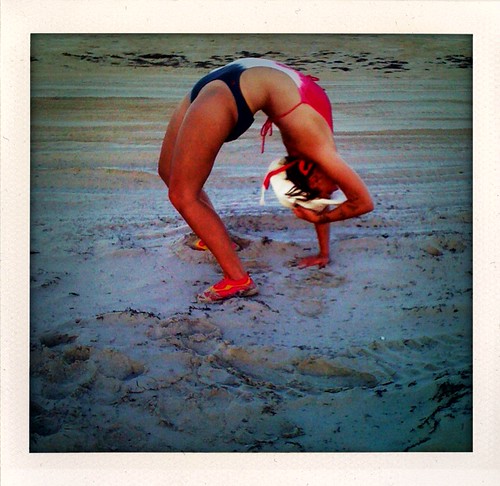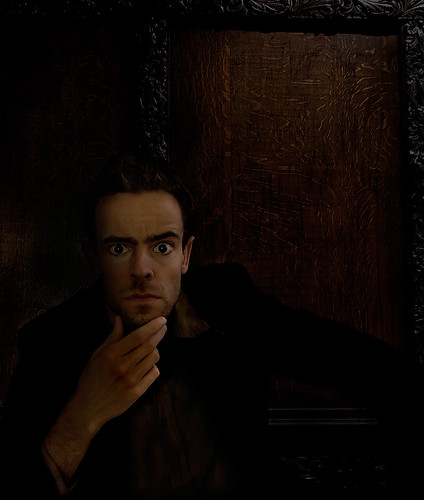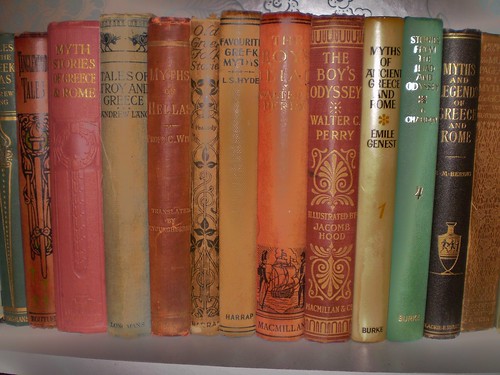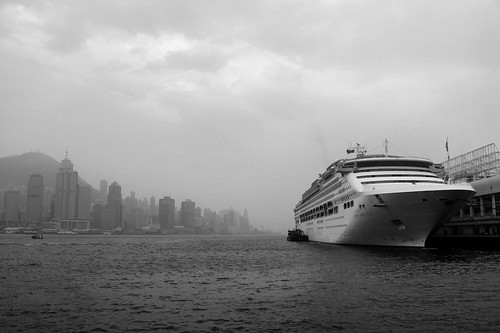In the past few days, I've come to realize that I'm extremely rigid. I tweet at the same times, I eat at the same times. I follow the same schedule every day of the week. Pick a day, pick a time and I can tell you what I'm going to be doing. And then I became frightfully ill over the weekend...and I realized that a little flexibility is always good. I think this can apply to all writers...not just us ill ones.
What Doesn't Bend...
Read through my blog, and it's obvious that I'm in favor of being organized. I believe in sticking to a schedule, writing to-do lists and maintaining regular patterns. But I believe in all that stuff just a little too much. When it becomes an obsession, it becomes a problem.
It became a huge problem for me when I got sick, because suddenly I couldn't get off the couch long enough to complete my to-do list. I found out, the hard way, that it pays to be flexible because you don't exactly know what's going to happen from one day to the next. When you try to schedule everything, you're going to find yourself in a position of not getting anything done -- at least one day. And that one day can mess up an entire week, or an entire month, if you're as rigid about your schedule as I am.
And when you're that rigid, you aren't doing yourself any favors as a writer. Creativity needs a little room to breathe. It needs space to play and cavort and have fun. The mind needs to wander. Time should be wasted, at least every once in a while. How else can new ideas come rushing into your mind? How else can new discoveries be made?
How else will you rest when you really really need it? There's an old saying that tells us what doesn't bend will break, and I absolutely know this to be true. I'm going to be more flexible, try to take a little bit more time to breathe in-between tasks, and maybe not schedule myself for every available minute of the day.
All authors need time to relax, or else the creative juices will dry up. So on that note, I'm going back to the couch.


























